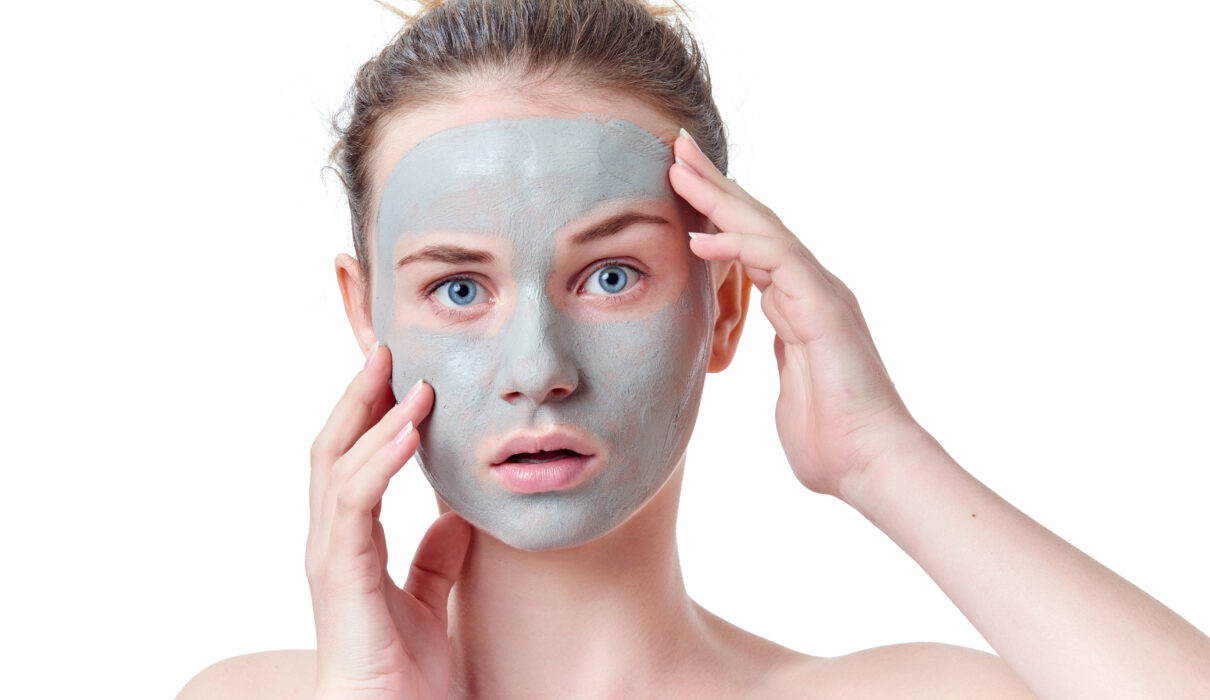If you’ve ever found yourself standing in front of a wall of skincare products, utterly baffled by words like ‘microbiome-balancing’ or ‘clinically tested anti-pollution peptides’, you’re not alone. The skincare industry is a multi-billion-dollar machine, and let’s be honest—it’s a bit of a hot mess. From TikTok trends pushing questionable routines to luxury creams that cost more than a flight to Bali, it’s no wonder people are confused about what actually works, even when looking at Australian skincare products. Spoiler alert: good active skincare doesn’t have to be complicated, and you probably don’t need half the stuff brands tell you to buy. Let’s dive into this conundrum and explore why evidenced based skincare is always the way to go.
Why Is Skincare So Confusing?
It’s hard to know what actually works when marketing teams are working overtime to throw as many buzzwords at consumers as possible. ‘Dermatologist-approved’, ‘clean beauty’, ‘paraben-free’—while some terms have merit, others are just fancy ways of making products sound more impressive than they are. Meanwhile, some of the best Australian skincare products are effective simply because they contain scientifically backed ingredients, rather than relying on flashy branding and overpromising claims.
TikTok Skincare Gurus: Blessing or Curse?
Social media can be a great place for discovering new trends, but when it comes to skincare advice, it’s a bit of a minefield. TikTok is flooded with ‘skinfluencers’ dishing out tips, often without any real expertise. Ever seen a 16-year-old tell you to slather on prescription-strength retinoids daily? Yeah, don’t do that. While some influencers share genuinely good insights, many are just jumping on trends for engagement or brand affiliation—often leading people to use products that aren’t suited to their skin type or, worse, could cause damage. That’s why evidenced based skincare is so important; real results come from science, not viral videos.
Why So Many Products?
If a brand tells you that you need a 12-step routine, it’s usually not because your skin needs it—it’s because they want you to buy more products. Many big-name brands push excessive routines when, in reality, a simple regimen using active skincare products is enough to see real results Think of a good active face cleanser for the morning and evenings, a rich vitamin C serum for the day (paired with SFP, of course), and a rich retinal night cream to repair and rejuvenate overnight. The more steps, the more potential for irritation, wasted money, and confusion.
The Price Problem: Bargain vs. Luxury
Why is there such a massive price gap between budget skincare and luxury brands? In some cases, you’re paying for high-quality, well-researched ingredients. In others, you’re just paying for fancy packaging and a brand name. Plenty of Australian skincare products contain the same active ingredients as their luxury counterparts but without the exorbitant price tag. On the flip side, dirt-cheap products packed with fragrances and fillers can do more harm than good. The key? Look at the ingredients list, not just the price tag or the brand.
The Impact of Jargon on Skincare Labels
Have you ever read a skincare label and felt like you needed a PhD in chemistry to understand it? That’s not an accident. Brands love to use jargon to make products seem more advanced and, in turn, justify higher price points. Instead of looking for ‘proprietary complexes’ and ‘bioadaptive botanicals’, focus on products backed by science, the ones that actually have studies proving they work.
TikTok Trends That Need to Stop
Social media has given us some truly bizarre skincare trends, from slathering chilli oil on the face (yes, really) to using industrial-strength exfoliants daily. The problem? These trends rarely take into account individual skin needs, and what works for one person can wreak havoc on another. Skincare isn’t one-size-fits-all, and relying on fads over facts can lead to irritation, breakouts, and long-term damage.
The Bottom Line
The skincare industry is overwhelming on purpose—confused customers buy more products. But the truth is, a simple routine using active skincare products can be far more effective than a 10-step regimen full of unnecessary steps. Stick to evidenced based skincare, avoid the gimmicks, and remember—just because something is trending on TikTok doesn’t mean it’s good for your skin. And if an Australian skincare products main selling point is how expensive it is? You’re probably just paying for the brand name.
So, next time you find yourself lost in the skincare aisle, remember: more isn’t always better. Keep it simple, stick to what works, and don’t let the industry’s chaos trick you into buying things you don’t need.


